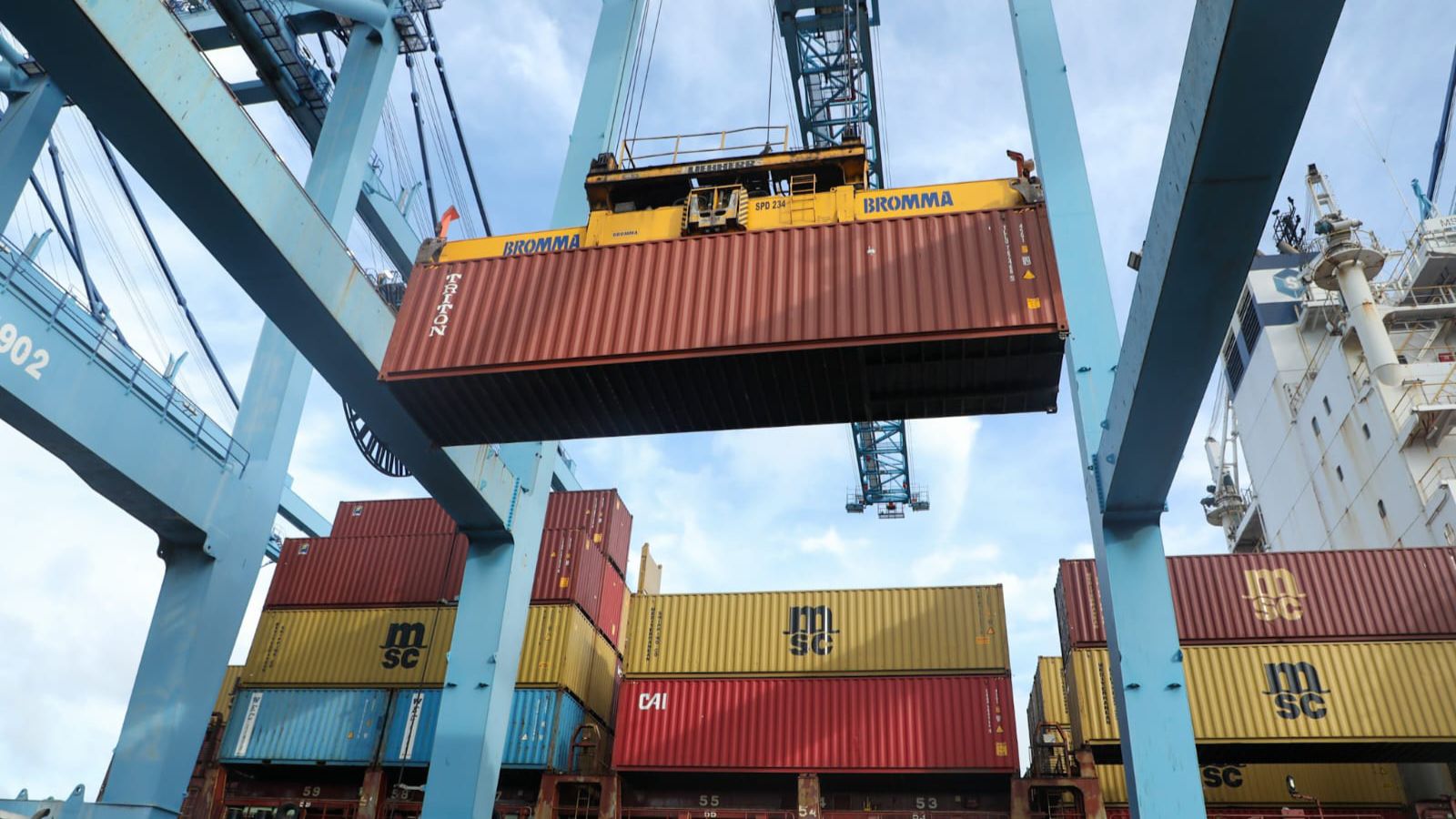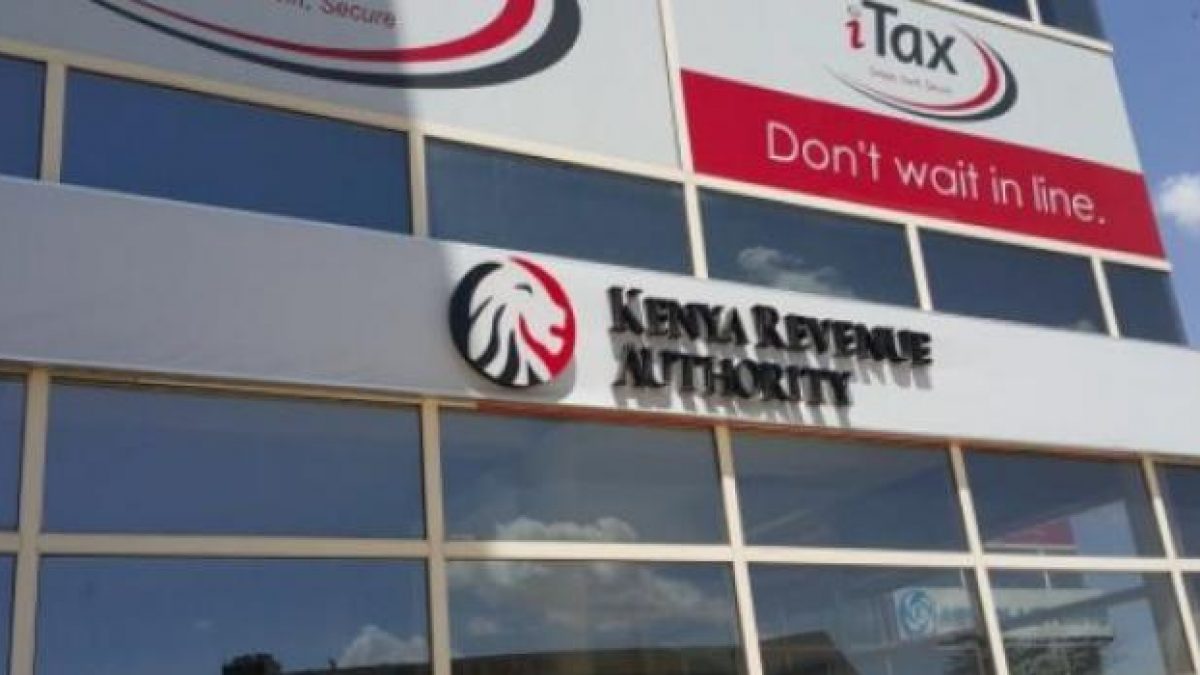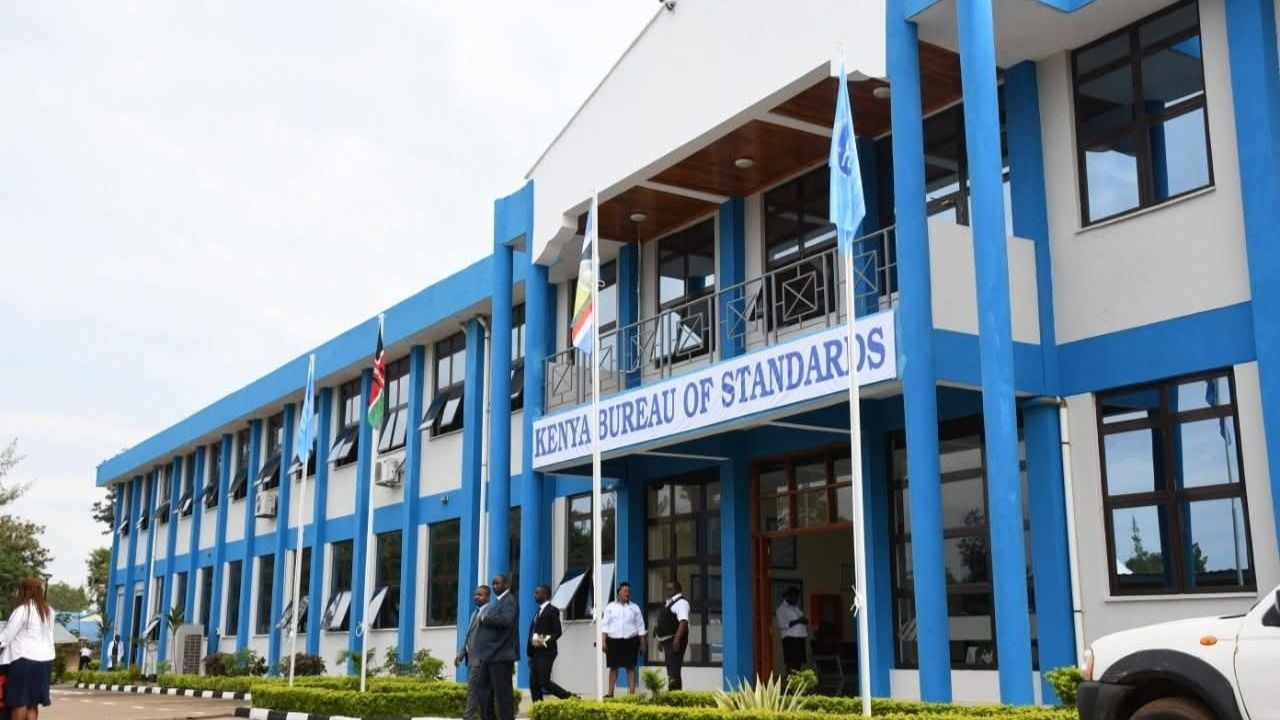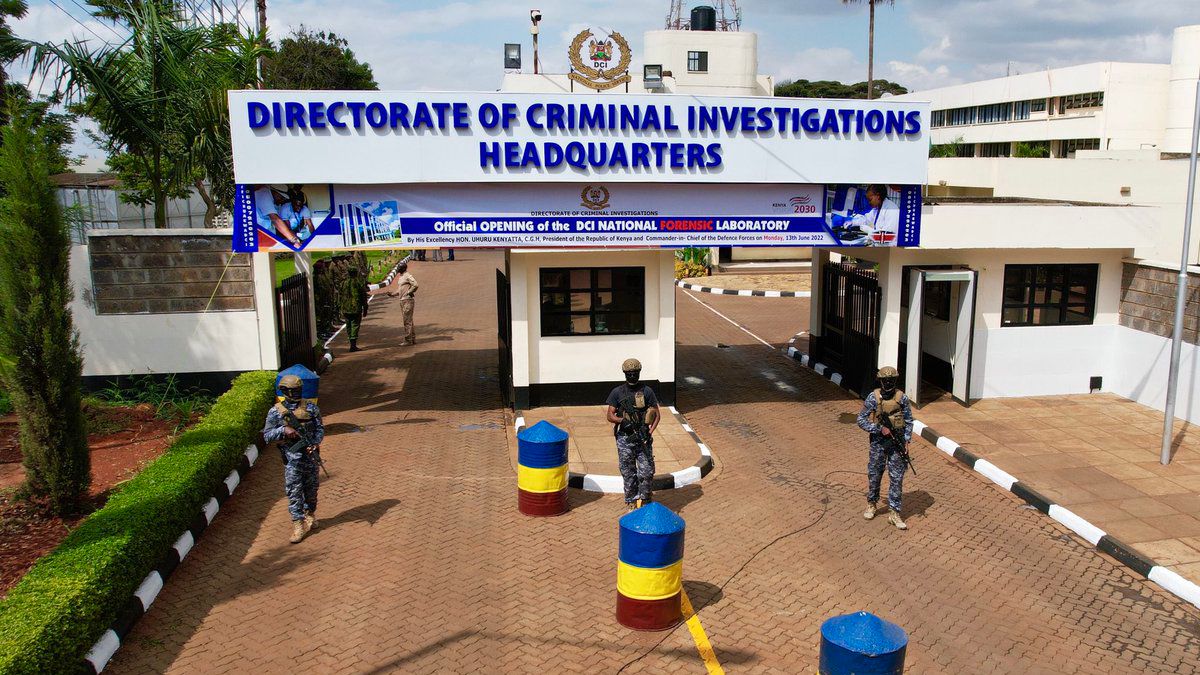The Finance Bill 2025, which contains progressive measures aimed at reforming Kenya's tax regime, improving efficiency in revenue collection, and promoting economic growth, is currently under public scrutiny. Some of the proposals in the bill offer relief to Kenyans across the economic sectors.
It proposes positive reforms targeting workers as well as retirees, investors, both startups, and those seeking expansions.
Here are some of the key highlights;
Key Provisions on Benefiting Workers and Retirees
One of the key changes proposed in the Bill is the increase in the tax-exempt per diem for employees, from Ksh2,000 to Ksh10,000 per day. This move is intended to better reflect the current cost of travel and accommodation, especially for civil servants and employees on official assignments.
Read More
The Bill also mandates that employers must apply all available tax deductions and exemptions before calculating Pay As You Earn (PAYE). This change ensures that employees benefit fully from available reliefs, such as:
- Housing relief for contributions towards affordable housing
- Health insurance relief for premiums paid to approved medical schemes
- Post-retirement medical fund contributions
Additionally, employers will no longer be required to issue PAYE deduction certificates to their employees since this information will be automatically available via the iTax system, streamlining payroll and tax filing processes.
For retirees, the Bill offers significant tax relief. All gratuity payments will be tax-exempt, regardless of the source.
“The First Schedule to the Income Tax Act is amended in Part I in the proviso to paragraph 53 by deleting subparagraph (a) and substituting therefor the following new subparagraph- (a) payment of gratuity and by inserting the following new subparagraph immediately after subparagraph (a)- (aa) other allowances paid under a public pension scheme," the Bill proposes.
Retirement Savings Plan
To promote the establishment of retirement savings plans, the Bill proposes to simplify the registration process. Schemes will now only need to be registered with the Retirement Benefits Authority (RBA), eliminating the previous dual registration requirement with both the RBA and the Kenya Revenue Authority (KRA).
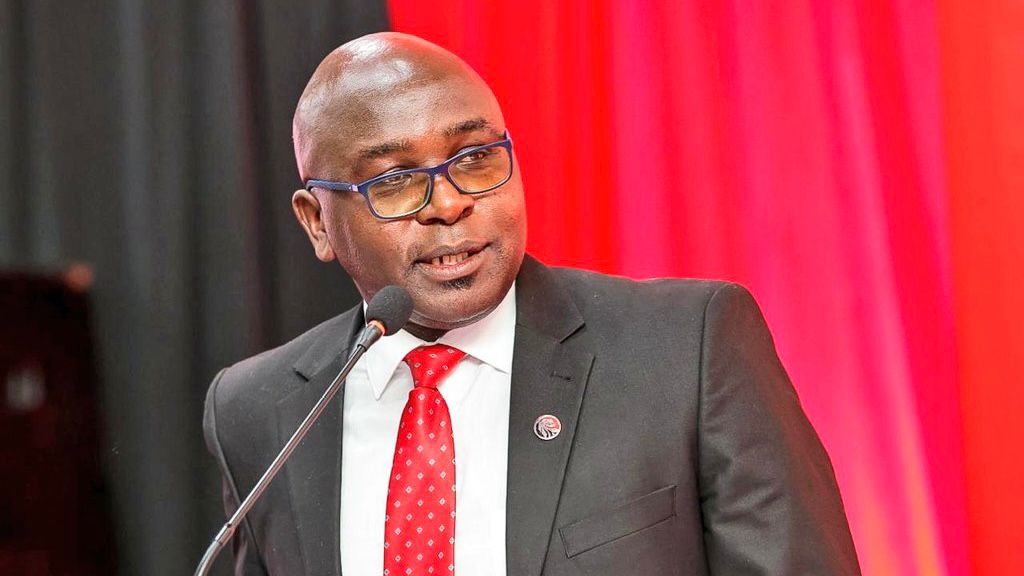
Tax Incentives for Investment and Sectoral Growth
The Bill introduces several incentives aimed at attracting investment and boosting strategic sectors:
Nairobi International Financial Centre (NIFC) certified companies will enjoy a reduced corporate tax rate of 15% for the first 10 years and 20% for the next 10 years.
Dividends paid by NIFC-certified firms will be tax-free if the company reinvests at least Ksh250 million within Kenya during the same year.
100% tax deduction on small capital items such as tools and utensils, particularly benefiting the hospitality, manufacturing, and small business sectors.
Tax-deductible expenses for investments made in public sports facilities, which supports Kenya's ambitions in hosting the 2027 Africa Cup of Nations (AFCON).
Promotion of Clean Energy and Local Manufacturing
In a bid to align with Kenya's sustainable development goals, the Bill proposes several VAT zero-rated items across clean energy, manufacturing, and agriculture sectors, including:
Inputs for pharmaceutical manufacturing
- Locally assembled mobile phones and electric bicycles
- Electric buses and motorcycles
- Solar and lithium-ion batteries
- Ethanol-based cooking stoves
- Animal feed production inputs
Transport costs for sugarcane from farms to processing factories
These proposals are designed to lower production costs, promote green energy, and support food security and agribusiness development.
Improvement on Tax Efficiency
To enhance efficiency in tax management and improve cash flow for businesses, the Bill introduces several administrative changes:
- The time limit to claim VAT refunds on bad debts is reduced from three years to two years.
- Approved VAT refunds can now be used to offset future VAT liabilities, enhancing liquidity for businesses.
- A new 12-month deadline is introduced for claiming excess input VAT.
Additionally, withholding tax on dividends and interest income will now be treated as a final tax, simplifying tax obligations for investors and easing compliance burdens.
VAT on Aircraft Parts and Equipment
The Bill proposes to shift aircraft and aviation parts, including tools, equipment, and navigation devices, from VAT-exempt to the standard 16 per cent VAT rate. Only licensed aviation businesses recommended by the civil aviation authority will qualify for relief.
Digital Assets
The Finance Bill 2025 also proposes to reduce the Digital Asset Tax from the current 3.0 per cent to 1.5%.
"Digital tax will be reduced from 3 per cent to 1.5 per cent in the new budget. The argument from players in the digital space has been that they are largely small business people, hence the need for uniformity. Also, to enhance compliance, which in turn enhances revenue collection," Treasury CS John Mbadi explained in a recent interview.
The proposed bill, however, raises some concerns among them the suggestion by KRA to access private customer data, including bank and M-Pesa accounts. Critics argue that this could infringe on individual privacy rights and lead to potential misuse of personal information. KRA however, says the proposal seeks to boost tax compliance. The authority promises to address data privacy issues raised by stakeholders.
Another concern is the reclassification of certain clean energy technologies, such as electric vehicles and solar systems, from VAT zero-rated to VAT exempt, arguing that the move could increase costs. This move could increase government revenue to fund public services and is necessary for long-term economic stability.

-1771737995.png)
